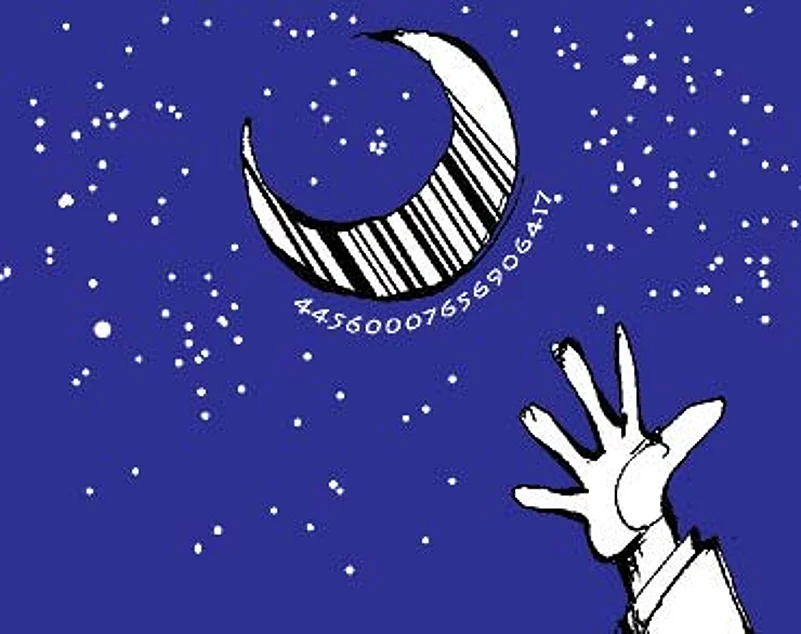
One area where the middle class does seem to have changed is in its response to communal provocation. When the agitation against the Babri Masjid was at its peak in the early 1990s, a great many middle-class Indians were effortless recruits to communal forces. Today, Gujarat notwithstanding, this class seems to have largely seen through the use of religion by political parties. The difference in the way the middle class reacted in Mumbai to the bomb blasts in 1993 and in 2003 illustrates my point. In 1993, the explosions militantly polarised the two communities and the social gulf persisted for years. In 2003, both Hindu and Muslim organisations strongly—and immediately—condemned the dastardly provocations and Hindus and Muslims could be seen standing in line together to donate blood for the injured. The truth is that lesser middle-class Indians are joining the RSS or the Bajrang Dal and more Muslims at the conservative Darul Uloom at Deoband are studying computers and English than ever before. Instability caused by religious strife militates against middle India's unwavering focus on upward mobility. Political parties have been forced to contest the secular ground to woo middle-class Indians and this is all for the good.
In fact, the expansion of the secular arena has spawned a pan-Indianness that has the entire middle class in its embrace. In the gradual conversion of India's salad bowl into the melting pot that it has become today, the middle class has undoubtedly been in the vanguard.
And yet, no one can be entirely sure what is cooking in this melting pot below what is visible on the surface. The kaleidoscope is full of colours, but the pace is so fast that a definitive pattern is difficult to trace. In an urban scenario, where new townships with giant malls and offices come up almost overnight and youngsters tired of imitating western accents stagger out at dawn from call centres spread across the country, the personal world of the middle class is in a phase of transition where the past and the present coalesce in strange and unpredictable ways. If films and the media are one indicator, there is a much greater acceptance of sexual permissiveness; yet lifestyles are still conservative and the tolerance of hypocrisy commensurately greater.
The average middle-class person is, in more ways than one, a good example of a harmonious schizophrenic. In fact, the Indian mind is not a cupboard, but a chest of drawers: pull out one and it could have a keyboard with a 21st century person's fingers on it; pull out another and it could be a ring for the same person by a quack claiming to be an expert on horoscopes.
As India appears to be finally emerging as a global power, one overriding sentiment that infuses the middle-class world-view is a new sense of pride. As the chief beneficiary of the economic changes since 1991, it is convinced that India's destiny is about to change, and that the country is at last set to get its due in the international arena. Unfortunately, this euphoria often tends to make it even less concerned about the plight of the poor and the deprived. The suicides of farmers, or the squalor of the slums or the unsightly sight of malnourished children, have no presence in the neon lights of oversize malls and the glitter of new job opportunities. For this class, what matters is that the economy is growing at a pace never seen before, that in many areas India's achievements command a new respect in world forums and that the country is a nuclear power.
To be fair, the middle class believes it has contributed its share in India's turnaround and deserves to celebrate. The average middle-class person has, indeed, slogged to move up the ladder in circumstances where nothing can be taken for granted and everything is a struggle. The tribulations of today are tolerated for the rewards of tomorrow. And, the average middle-class person, cocooned in the preoccupation of his or her world, deals with them with an insouciance, resilience and stoicism that is best summed up in a scrawl I once saw written behind a three-wheeler in Delhi. The words of wisdom, remarkable for their brevity, simply said: 'Hota Hai: It Happens'.
(Excerpted from the introduction to the new revised edition of Varma's book, The Great Indian Middle Class.)


















